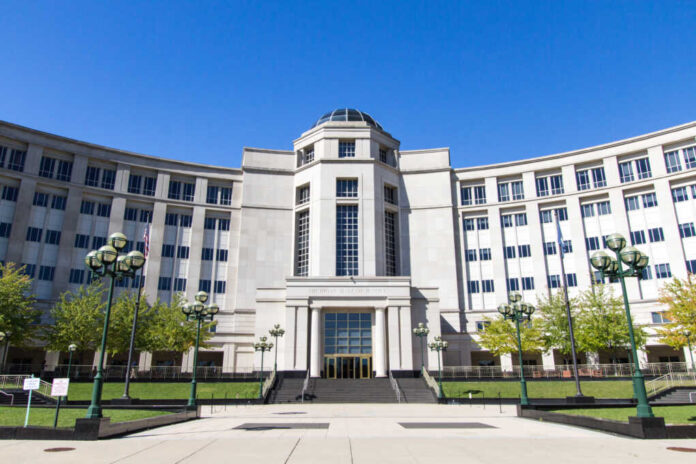
The Michigan Supreme Court rejected a challenge to the ballot eligibility of former President Donald Trump. The move came just a week after the Colorado Supreme Court ruled that the former president was not eligible for their state’s primary ballot due to a clause in the 14th Amendment.
The court’s Wednesday decision set up a sharp contrast with the decision of the Colorado Supreme Court last week.
The Michigan case had its origins in a lower court ruling. Following the challenge to Trump’s eligibility, a Michigan Court of Claims judge ruled that Michigan state law did not allow for such a decision. This ruling was then further upheld by the Michigan Court of Appeals. From there, the case made it all the way to the state’s high court.
The Michigan Supreme Court refused to consider the case, including a potential discussion on the nature of the Jan. 6, 2021 Capitol protest. The court decided to reject the court completely.
One of the court’s justices deemed that the case did not have the same legal grounds as the Colorado litigation and that there is no similar part of Michigan election law that allows for disqualification for presidential candidates.
Despite this, the decision does not completely close the door on future election challenges. Trump will remain on the state’s Republican primary ballot, but the court could consider future challenges to Trump’s eligibility for the general election ballot in November.
🚨 BREAKING: Michigan Supreme Court rejects attempt to keep Donald Trump off ballot
— Benny Johnson (@bennyjohnson) December 27, 2023
The court decision also comes after Trump led in a number of important swing-state polls, including Michigan.
The Colorado Supreme Court decided through a split decision that he was ineligible for that state’s Republican primary election ballot for allegedly engaging in ‘insurrection.’ The court’s majority drew upon an interpretation of the 14th Amendment, which bars those who ‘engaged in insurrection’ from serving as a federal officer.
Despite the Colorado decision, Minnesota also rejected a similar challenge to Trump’s eligibility for the ballot. However, like the Michigan case, the state’s supreme court could hear a separate challenge to Trump’s ability to appear on the general election ballot.














